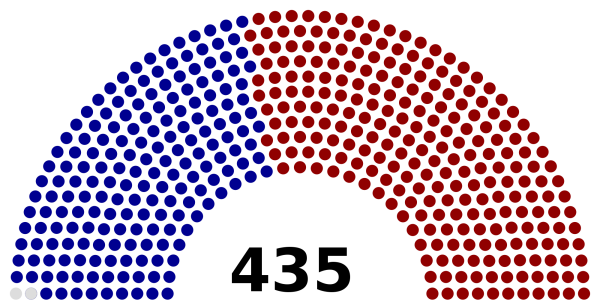
Trustee, Delegate, Politico, or Partisan?
Models of representation generally refer to the ways in which elected leaders behave in a democracy. Generally, there are four types of models: trustee, delegate, partisan, and politico. Check out the definitions for each below and answer the questions that follow:
Trustee: This is when an elected official will ultimately rely on their own judgement when making decisions. Politicians believe that their constituents have elected them because they trust their judgment to make the right decision to advance the interests of the nation.
Delegate: Elected officials view themselves only as a mirror of their constituents. To the extent that it is possible, their behavior will reflect the wishes of the people in the district, even if it goes against the conscience of the elected official
Politico: This is a combination of the first two. Generally, the elected official will follow the trustee model until their constituents push them towards the delegate model on certain issue.
Partisan: This is voting on party lines. This has become more common in recent years due to hyperpolarization.
Questions for Completion.
1. Given an example when a legislator might use each of the four models.
2. What are the advantages and disadvantages of the trustee and delegate models?
3. Which model do you believe representatives ought to adopt? Why?